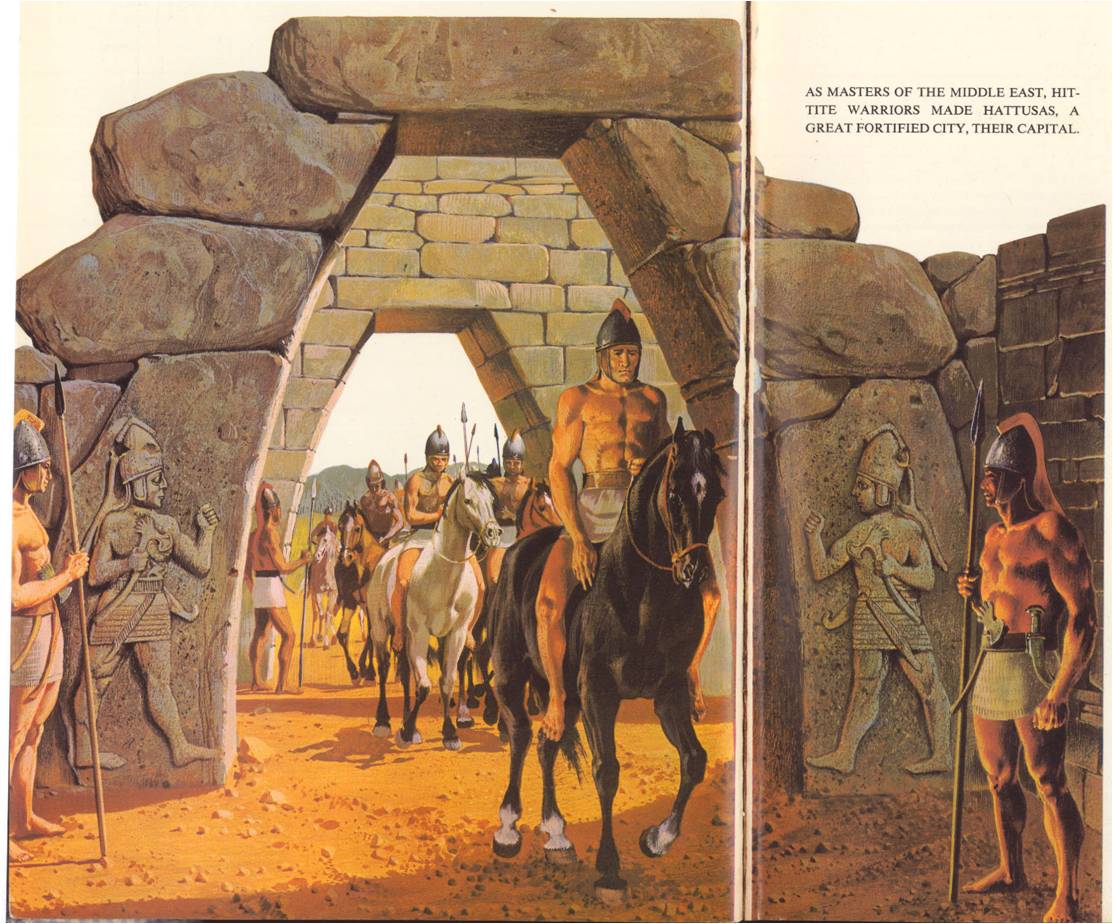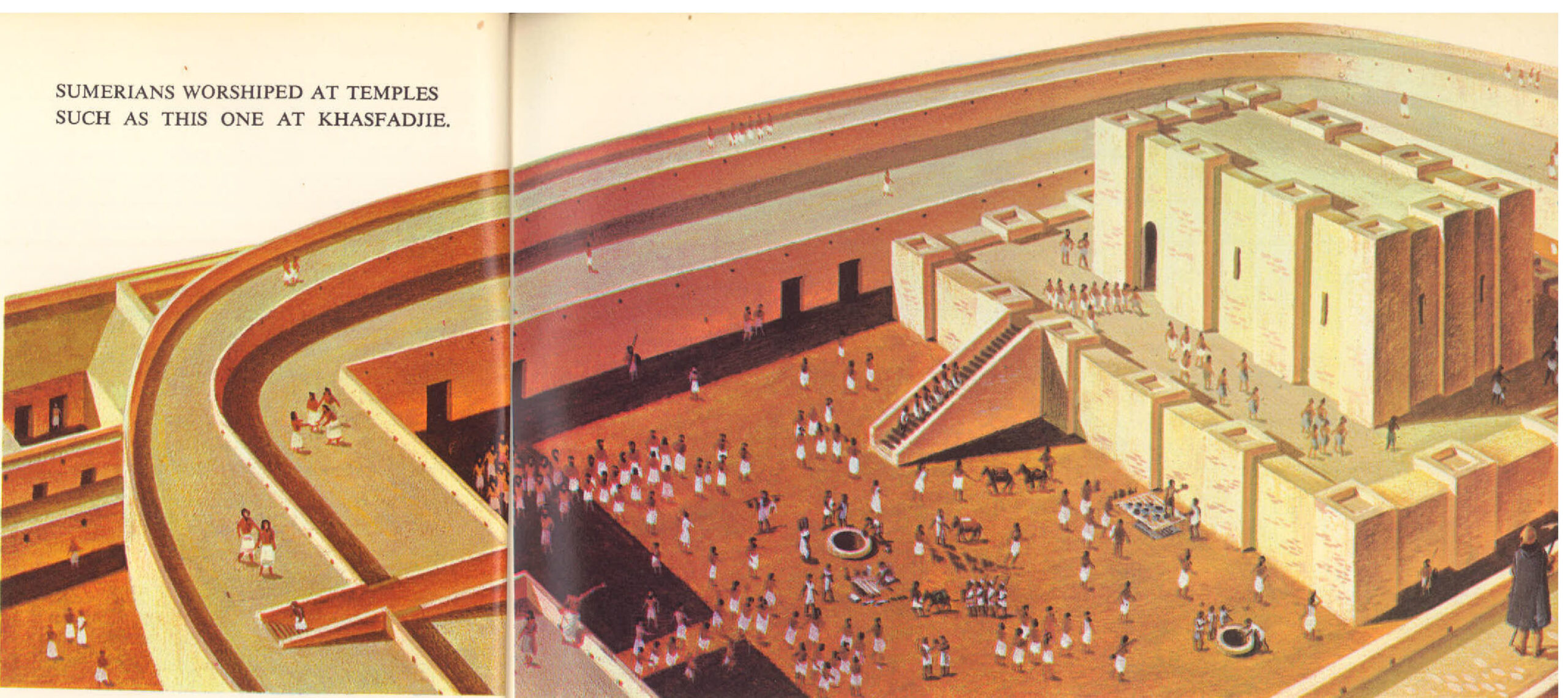Even before the Korean War, the United Nations had proved that it could take effective action to control serious conflicts. It first took such action in the conflict over Palestine. During World War I, the British had ousted the Turks from Palestine. When the war was over, the League of Nations placed that land under the authority of Britain. The British then issued the famous Balfour Declaration, which promised the Jewish people that Palestine would someday become their homeland, but the Arabs of Palestine and the surrounding countries strongly objected to this and year after year passed without the British …
Read More »Tag Archives: Turkey
War in Korea 1945-1953
Although the cold war was the most important fact in the politics of the post-war world, few persons could have foreseen that it would lead to fighting in the small, remote country of Korea. Yet, as small and remote as it was, Korea had a strategic location. It was near three large powers — Russia, China and Japan — and the Japanese said it “points like a dagger at the heart of our country.” The Japanese won control of Korea in the Russo-Japanese War and by 1905 they ruled it as part of their empire. During World War II, the …
Read More »After the Peace of Paris 1919 – 1920
DURING THE war, three great empires — the Russian, the Austro-Hungarian and the German –had vanished forever. Then, by the Treaty of Sévres, a fourth empire, the Ottoman, was quietly put to death. Turkey was confined to Asia Minor and became a republic. Of its former possessions, the League of Nations assigned Syria and Lebanon to France and Palestine and Iraq to Great Britain. Trans-Jordan and Saudi Arabia, which had fought the Turks under an adventurous British colonel named T. E. Lawrence, became independent kingdoms. In Europe, there were seven new states: Finland, Estonia, Latvia, Lithuania, Poland, Czechoslovakia and Yugoslavia. …
Read More »The Coming of the Storm 1905 – 1913
ALREADY HEMMED in on two sides by France and Russia, the Germans were dismayed to see Great Britain join their rivals. They feared that they would be surrounded by unfriendly powers and they decided to test the Entente Cordiale. They were anxious to find out how strong it was and how far Great Britain would go in backing up its new ally. The place they chose for the showdown was Morocco, where the French, now with the approval of the British, were policing large areas and taking over territory and rights. So, in March of 1905, a German warship suddenly …
Read More »Rivalries in the Middle East 1856 – 1912
THE MIDDLE EAST where Europe, Asia and Africa meet had long been known as one of the great crossroads of the world. Most of its people were Moslems, but among them were many Christians and Jews. They spoke languages as different as Arabic and Latin, Slavic and Turkish. They had little in common except that they were all subjects of the Ottoman sultan in Constantinople. The Ottoman Empire — so called after its early founder, Othman — was the last of several empires to rule over a large part of Islam. Unlike the earlier empires, it was dominated not by …
Read More »Stepping-Stones for the West, 1869
ON NOVEMBER 16, 1869, the sun rose over the eastern end of the Mediterranean Sea and shone on the blue water. The squat buildings of Port Said, on the shore of Egypt, glowed against the clear sky. A new town, Port Said had begun to rise only ten years before from the barren plain that joins Africa to Asia. In the man-made harbour were crowded eighty ships. Some were warships, others merchantmen, but all were strung with brightly-coloured pennants. On board were distinguished visitors, among them the emperor of Austria-Hungary, the crown prince of Prussia, the prince of Holland and …
Read More »The Rise of Napoleon Bonaparte 1796-1802
In March of 1796, a new commander named Napoleon Bonaparte was placed in charge of the French army on the Italian front. The soldiers and officers were amazed when they first saw him. He was short, thin, pale, only twenty-seven years old and spoke French with an Italian accent. Napoleon was not an unknown. He had first come to public attention as the young artillery officer who drove the British fleet from the harbour at Toulon. Later, as a brigadier general, he had successfully defended the Convention from an uprising in Paris. What most people did not know was that …
Read More »The Rise of the Assyrians 1600 B. C. – 539 B. C.
During the century after the Hittites had raided Babylon and rose to power in Turkey and Syria, Mesopotamia was a divided unproductive land. In the south, Babylonia fell under the rule of foreigners, first the Kassites from the northeast and then the Elamites from the southeast. Neither of these people seemed able to make any advances in civilization. Northern Mesopotamia came under the Mitanni kingdom, which at least introduced trained horses and chariots to the Near East. By the time the native Babylonians regained control and the Mitanni kingdom fell, another people was disturbing the land – the Assyrians. The …
Read More »Hittite Warriors Build a Kingdom 1750 B. C. – 700 B. C.
Within 150 years of the death of Hammurabi, the cities of Mesopotamia were powerless and other peoples took up the struggle for the Near Eastern world. Among them were the Hittites, who had taken the city of Babylon. The rough Hittite tribesman hardly knew what to do with such a splendid city, let alone with an empire, so they went back to their strongholds in the highland plains of central Turkey. They had been living there for several centuries, ever since they had left their homeland in the steppes of central Asia. When the Hittites first moved into Turkey, they …
Read More »Mesopotamia, Where Civilization Began 4000 B.C. – 1750 B.C.
Mesopotamia is where civilization began. By 4000 B. C., many different groups of people were working out their lives in a variety of ways. In a great arc from the eastern coast of the Mediterranean, across the Turkish plains and through the highlands of Iraq and Iran, groups of peoples had settled and were farming, tending animals, making pottery and building towns, markets and forts. In the deserts, mountains and steppes, nomadic tribesmen lived by herding animals and by hunting and raiding. In Mesopotamia as these populations grew, they began to compete for land, food and supplies. One of the …
Read More »








